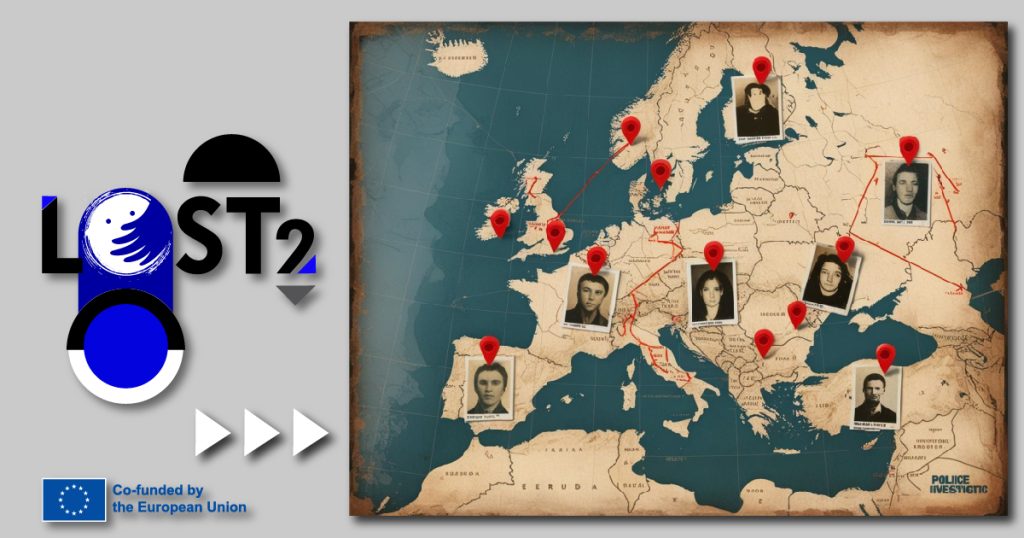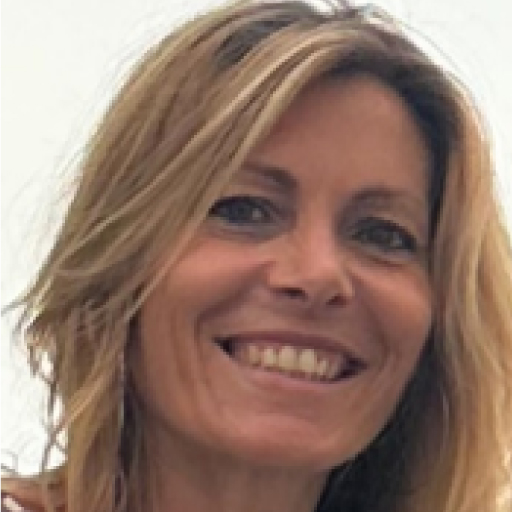Uncovering the Landscape of Missing Persons in Europe: Insights from the LOST 2 Project Survey

Missing persons cases are a complex and distressing reality across Europe, affecting countless families. The LOST 2 Project, funded by the European Union, has undertaken a significant survey delving into the social and legal contexts and characteristics of this phenomenon in several EU countries. This comprehensive survey, conducted in Italy, Spain, Norway, Portugal, Greece, and Belgium, alongside a European overview, provides valuable insights into how disappearances are defined, classified, and investigated across borders.
Defining Disappearance Across Borders
One fundamental aspect explored is the definition of disappearance. In Italy, for example, a person is considered missing when they have left their last domicile or residence with no news, clearly distinguished from legal concepts like absence (missing for two years, declared judicially) or presumed death (missing for ten years, declared judicially). While the survey presents definition details for each participating country, the specific nuances highlight the varying legal perspectives on what constitutes a “disappearance.” Understanding these definitions is crucial for initiating the correct procedures.
Statistics and Classification Reveal Patterns
The survey presents the latest statistical data identified at the institutional level for each country. Italy, for instance, saw a notable increase in missing persons reports in 2022, totalling 24,369 – an average of 67 per day and 26.4% more than the previous year. In Italy, minors represent the largest age group reported missing, particularly foreign males aged 15-17, although reports of those over 65 also grew. A significant finding was that 82% of reported cases in Italy were considered voluntary removals.
Classification systems vary considerably across countries. Italy classifies missing persons officially by age, nationality, and reason for disappearance, also considering factors like ability, drug use, or behavioural issues. Portugal classifies primarily by age (children 0-14, 14-18, adults over 18). Greece classifies by region, biological gender, and age (adult/minor). Norway, however, lacks a specific national classification, with police focusing intensely on the specific case details, prioritizing the reason for disappearance above all else (voluntary, accident, medical situation, suicide, or criminal activity). The survey notes that knowing and implementing classifications has a direct impact on determining the right response to a missing person or child case.
Data Collection and National Archives
How information about missing persons is collected and stored is a key focus. Italy utilizes a unified national model, the RISC model, for data collection, which is then entered into the national RISC archive. This detailed form captures personal data, physical/mental conditions, potential problems (family, economic, judicial), mood, online activity, financials, relationships, the specific circumstances of disappearance, risk conditions, and potential reasons. Spain uses a shared database among law enforcement called PDyRH (Missing Persons and Unidentified Human Remains System), compiling police reports nationally and internationally with comprehensive personal data, photos, fingerprints, physical characteristics, and DNA. In Greece, statistics are kept by the Hellenic Police and published online, with an internal system (Police Online) for current cases not accessible to the public. Portugal’s data is collected by the Judicial Police and is not publicly accessible. Norway compiles information in the KRIPOS archive based on an ante-mortem report, typically filled three months after disappearance, including detailed personal and medical information and DNA collected from relatives.
Standardized forms for initial alerts are common. Portugal’s police use a form, while an organization, APCD, employs different forms depending on the case classification (parental abduction, kidnapping, escape, lost, injured). In Greece, “The Smile of the Child” organization uses five different forms, including a Missing Alert Protocol modelled on the UK’s Herbert Protocol for high-risk individuals.
Legal Frameworks and Investigative Tools
Specific national regulations for missing persons cases vary. Portugal has no specific law, with criminal aspects following the Code of Criminal Procedure. Norway also lacks specific national laws, relying instead on a circular letter from the Prosecutor General outlining national practices, though its use in practice can vary by police department. Proceedings can be administrative, legal, or mixed, often involving judicial police taking the initial complaint and coordinating first checks. If foul play or involuntary disappearance is suspected, a judicial investigation is opened.
Modern investigative tools are crucial. DNA analysis is highlighted as a vital tool in Italy, with a national database for missing persons, unidentified bodies, and criminal offenders, designed to be in tune with other European databases through a treaty for data sharing. DNA is collected for missing persons in specific criteria cases, such as alarming situations, potential victims of crime, those with cognitive issues, or if they may be in danger. Portugal also uses DNA in criminal proceedings and for body identification, although there is public hesitation regarding storing DNA samples. Greece utilizes mobile phone location tracking in life-threatening situations, which is permissible without prior consent of the subscriber or user by requesting information from service providers. However, accessing data from web services and social media is more complex, often requiring judicial consultation, especially with foreign companies due to strict privacy rules unless there’s a direct risk to life.
At the EU level, systems like the Schengen Information System (SIS) store DNA profiles of missing persons and their relatives for identity confirmation. The Hague Convention addresses international parental child abduction, providing a framework for signatory countries to collaborate to achieve the prompt return of children under 16 who have been wrongfully removed or retained. INTERPOL Yellow Notices are issued globally to help locate missing persons or identify individuals unable to identify themselves. Analysis of Yellow Notice data shows that among the LOST2 project countries surveyed, Italy and Spain have the highest numbers of active notices, with a significant proportion of these relating to individuals over 50 years old.
Prevention and Awareness Efforts
Raising public awareness and implementing prevention campaigns are recognized as important aspects of addressing the phenomenon. In Portugal, the APCD has launched several campaigns. Greece’s “The Smile of the Child” organization is particularly active, implementing a program called “Ducky Goes” in kindergarten and primary schools to teach children safety skills in case they lose orientation or are unable to find their caregiver. They also run “MISSING ALERT HELLAS” for at-risk adults and organize extensive training for police, prosecutors, coast guard, and fire brigade with international partners. Developing effective campaigns involves defining the purpose, identifying the target audience, creating materials, planning dissemination, and evaluating their impact. Interestingly, interviews conducted in Italy for the survey did not report such specific campaigns.
The Role of the Expert in Research
Handling missing persons cases effectively requires specific skills and knowledge. The survey touches upon the professionals involved, such as the judicial police officer in Italy who collects initial reports and coordinates first searches. The project also defines a framework for an “Expert in the Research of Missing People and Children,” highlighting the importance of individuals with competencies to collect and analyse data, perform risk assessments, manage relationships with families and authorities, utilize technology, and coordinate specialists. These experts play a crucial role in supporting investigations, collecting and evaluating information, and providing assistance to affected families, including psychological support. Their skills include using digital tools for data management and analysis, evaluating information accuracy and reliability through cross-verification, and structuring clear reports.
Conclusion
The LOST 2 Project’s National Profile Survey paints a detailed picture of the varied approaches and challenges in addressing missing persons phenomena across Europe. From diverse legal definitions and classification systems to different data collection methods, investigative tools like DNA analysis and phone tracking, and dedicated efforts in prevention and professional training, the survey highlights both national specificities and common threads in the ongoing effort to find missing individuals and support their families. The increasing number of cases in some areas, particularly involving vulnerable populations like minors and the elderly, underscores the continued importance of this work and the need for effective, coordinated strategies and skilled professionals to manage these complex and sensitive situations.
»»» Download the dossier from our website: https://lost.team/















